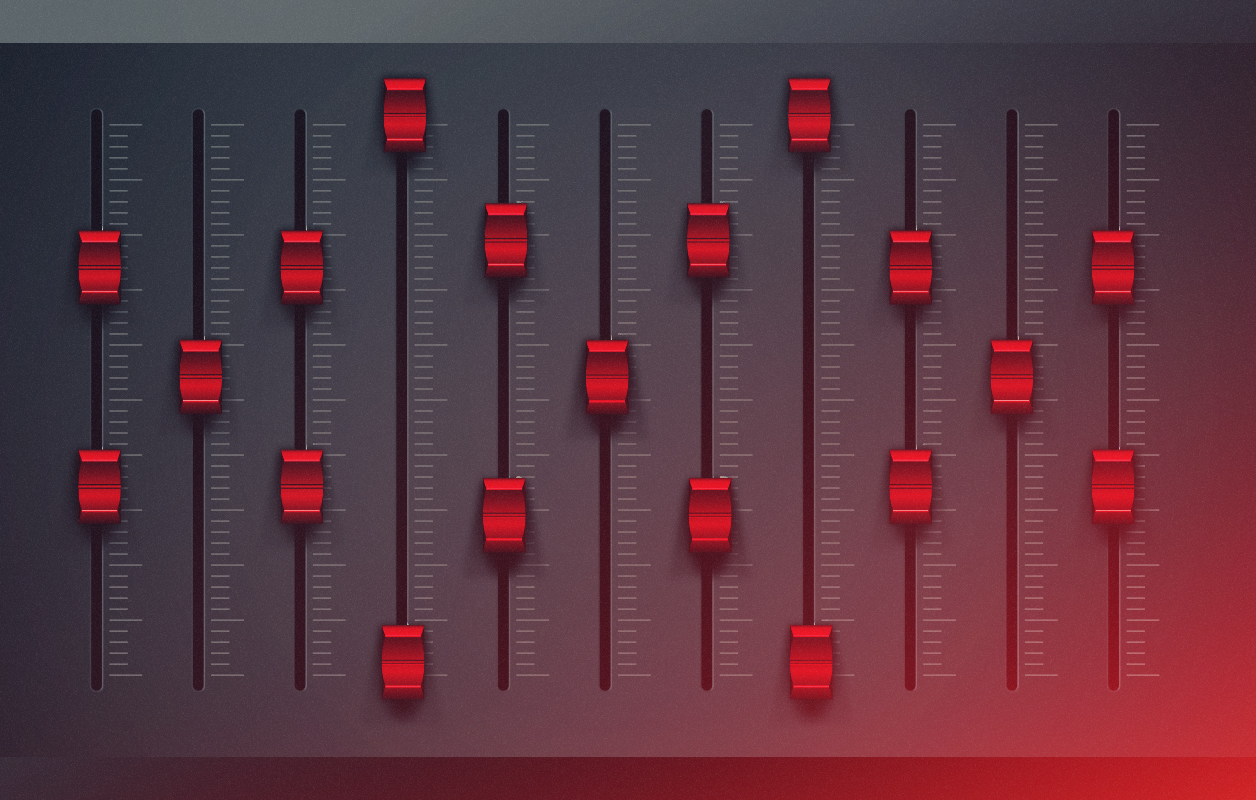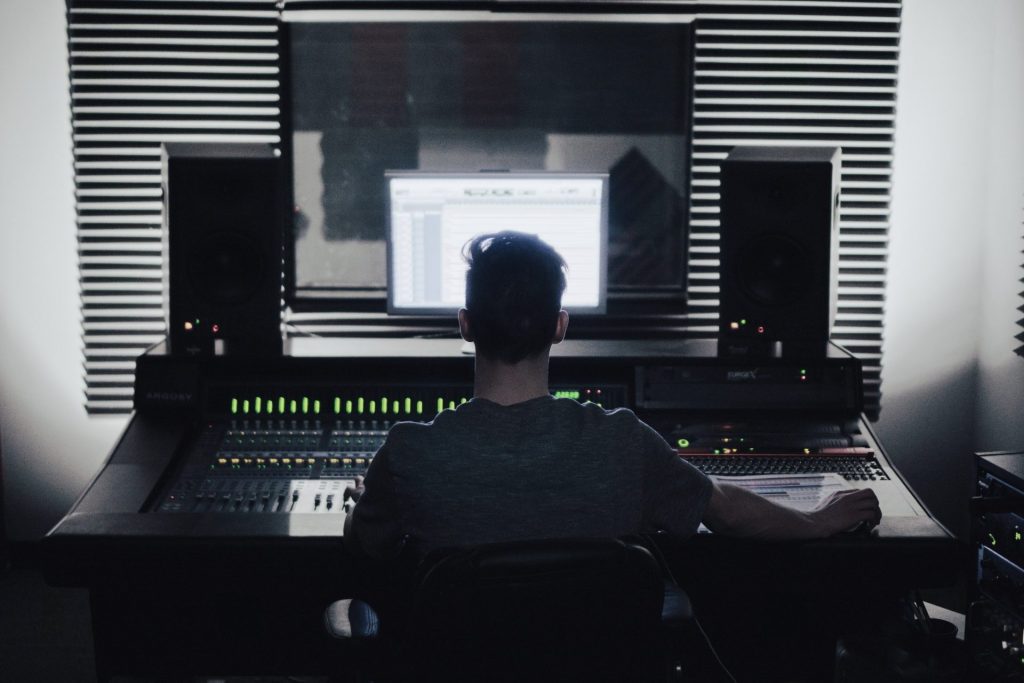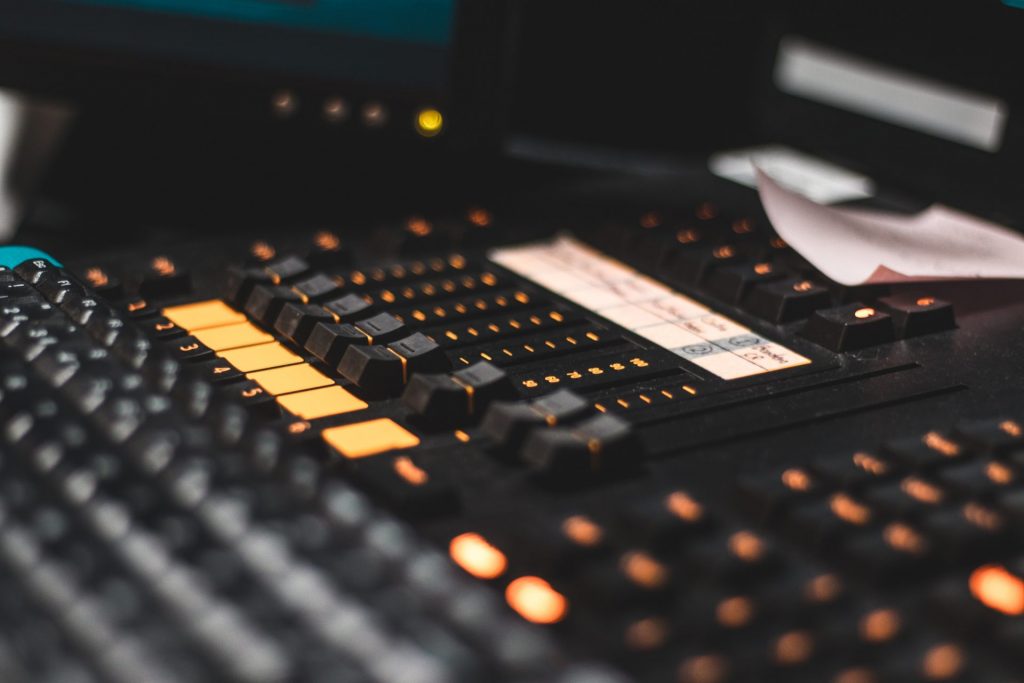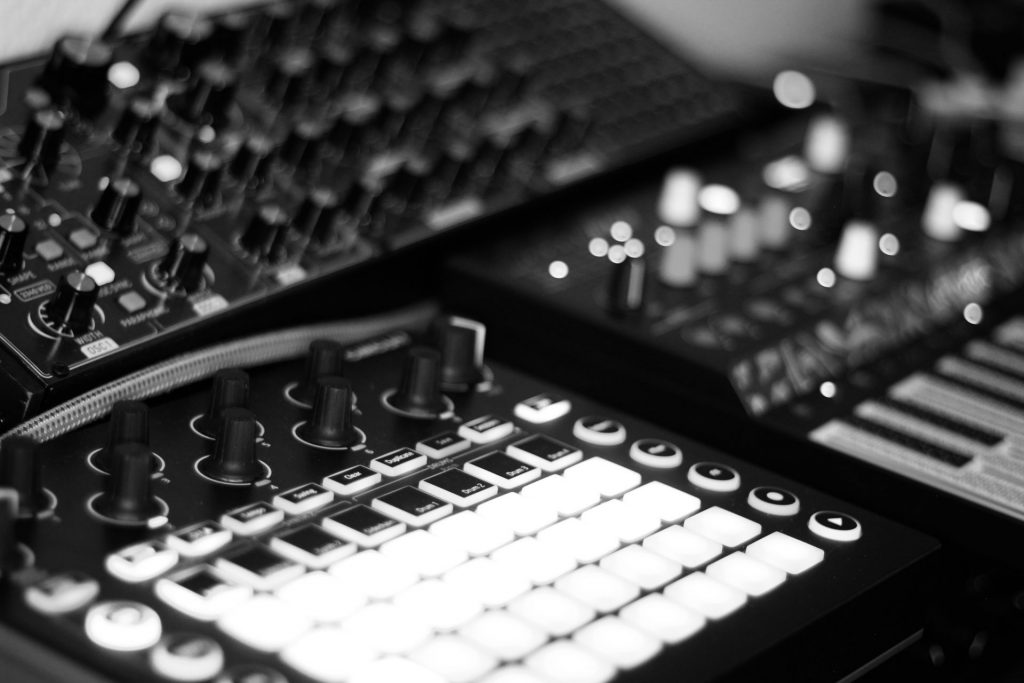
There are no definite rights or wrongs when it comes to making music. However, some habits can turn into production pitfalls if left unchecked. We’ll reveal some of the most common music production mistakes below so that you can start building better beats.

1. Not Saving Separate Sessions
Every time you add or remove something from a song, you should save your project as a separate file. Even if you’re not working with other artists or collaborators, you may need to refer to a previous version of your track down the line. No change is too big or too small to warrant another session.
Saving separate sessions can make it easier for you to share the journey of the song with fans once the final version is complete. It also provides additional security and a larger capacity for creativity.
If you have everything saved in a separate session, you’re free to delete or add major elements as you please without fearing recourse. Get into the habit of producing as many versions of songs as you need, not just for your clients, but for yourself. You should also back up your latest session to an external or cloud drive before signing out for the night.
2. Staying In a Session For Too Long
It’s commonplace for musicians and producers to set up sessions for hours on end. Long sessions can be productive, but it’s essential to know when to call it quits. For one thing, ear fatigue sets in after a couple of hours listening to the same piece of music.
Our fresh perspective on a set of sounds vanishes, making it challenging to be productive. If you’re paying for studio time, this can waste hundreds of dollars while dampening your sound. If you find yourself hitting a writing roadblock in the middle of your session, it may be best to save, quit, and start fresh tomorrow. At the very least, you can switch to another song or focus on the project every couple of hours to help you stay fresh.
3. Forgetting The Power of Silence
Silence is an instrument. So many new producers make the mistake of adding layer upon layer in an attempt to achieve a certain sound without considering the role of silence. For instance, take a listen to the drop in Death By Techno by i_o:
The build and drop wouldn’t be nearly as impactful without those full two seconds of straight silence. While this song is fairly minimal in terms of instrumentation, it hits hard due to i_o’s masterful use of silence.
4. Building Off Of A Poor Foundation
Far too many producers and creators rush their way through the recording and production process only to find themselves struggling with a mix laden with errors. It’s essential to remember that music builds upon itself. Something poorly recorded isn’t going to be redeemed, and an unbalanced mix isn’t going to make for an amazing master.
Don’t just assess the immediate problems in your sessions. Look beyond your current stage of production to see whether your stems will hold up in the next stage of the process.
5. Never Completing Beats
You don’t have to release every beat you make. Many professional artists make a surplus of tracks before picking out their favorites for release. With that in mind, artists can still complete their projects, even if they aren’t crazy about them.
Completing beats and songs frees your creative headspace so that you can work on other projects. It also sets a precedent for future creations. Old habits die hard, so if you’re not finishing your songs now, you’re unlikely to later. Finalize your beats to bring you one step closer to your next hit.
6. Not Understanding The Importance of Gain Staging
One of the most obvious novice mistakes is neglecting the gain staging process. Every time you add new effects or dynamics processing to a sound, you need to recalibrate levels to match the original input level at the start of the chain. This will help keep excess noise to a minimum and help preserve headroom in a mix.
If your mix sounds good at a low level, it will probably sound great loud. However, if your mix only sounds good when played at a high amplitude, it’s time to go back to the drawing board to make some necessary adjustments.

7. Not Giving Every Sound A Purpose
Remember that when it comes to music, sometimes less is more. Whenever you reach to add a sound to your song, ask yourself what purpose it’s servicing. This exercise may seem silly, but making conscious choices can help you cut out certain elements where you might otherwise be inclined to add more. Many producers are prone to making their mixes muddy, so when in doubt, cut it out.
8. Selecting Any Sound You Come Across
Making music is subjective, but you generally don’t want to use out of tune samples while making your music. Untuned 808s, snares, and sounds are the mark of a novice producer, though thankfully, you can easily fix this mistake.
Take the guesswork out of your process by utilizing an organized sample library like BPM Create. The BPM Create library makes it easy to search by key, genre, instruments, and other tags so that you can nail down awesome samples with a couple of quick clicks.
9. Putting All of Your Hopes Into A New Piece of Gear
Trust us; we get it. There are so many cutting-edge gear pieces and plugins that could instantly elevate your music. However, relying solely on gear and plugins won’t take you far as a producer and can be incredibly expensive. The next time you put off making a piece of music because “I can only finish the beat once I get this plugin” or “I need this new guitar to get inspired,” give yourself a reality check.
The fact of the matter is that if you have a DAW, you have everything you need to make an amazing piece of music. It’s totally understandable to geek out over new equipment, but don’t let your wants become a crutch for production procrastination.

Learning how to make music is a never-ending process. Make your journey a little easier, and steer clear of these production mistakes while building your next song.

